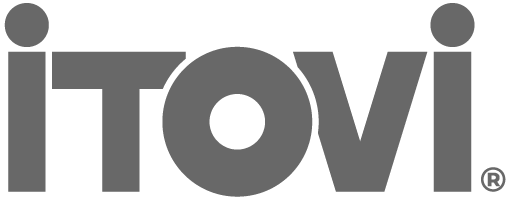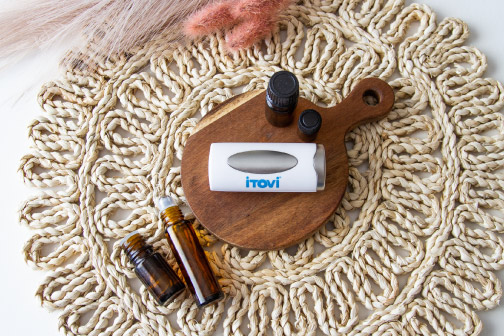
“Let food be thy medicine and medicine be thy food.” – Hippocrates
Nutrition, what you eat and when you eat it, is unspeakably important for your wellness (but we’ll try to talk about it anyway.)
Nutrition & Physical Health
You probably think food is bodily fuel, your source of energy, and that’s true—but it’s also so much more than that!
Food enables all the growth and all the healing in your body! On the daily stage, your eating habits affect your mental energy, physical energy, ability to manage stress, how well you sleep, your exercise motivation and results, and more!
In the longer term, the food you eat affects the health of your hormone cycles, your weight, your body’s sensitivity to insulin, how you age, the long-term health of all your organs and bodily systems, and the likelihood of your developing a wide range of diseases including cardiovascular diseases, diabetes, and cancer.
Nutrition & Emotional Health
And on top of all these effects on physical health, the food you eat ALSO has a big impact on your emotional health! And it’s more than just being “hangry” every once in a while!
Your daily habits around food will affect, to some degree, how hard stress lands with you on a given day, how you respond to stress, and even how you respond to valuable opportunities to bolster your emotional health. Symptoms of anxiety, depression, and other disorders can be worsened or lessened, depending on how you eat!
Food even affects your social health! Biologically, the food you eat determines your body’s ability to produce serotonin and oxytocin, two hormones crucial for social bonding. And, from breastfeeding as a baby, to family dinners, to lunch dates—food is very often food is very often central to our social bonding activities!!
You might say “the way to a person’s wellness is through their stomach”!
Know Your Enemy: The Obstacles to Nutritional Health
Trouble is, healthy eating habits aren’t easy to create or maintain.
Common obstacles to healthy nutrition include, but not limited to:
- Knowing what to eat, when, and how much (there are a million opinions on each of these topics)
- Lack of time/convenience (it often requires much more time to plan and prepare for healthy meals than unhealthy meals)
- Cost (healthy food is often more expensive than unhealthy food)
- Availability (especially if you didn’t plan ahead, it’s much easier to get easy access to unhealthy food than healthy food)
- Social factors (social factors and environments can either pressure us into eating too much unhealthy food or into restricting our eating to an unhealthy degree)
- Habits (eating habits can be hard to change, especially without support)
- Emotional and psychological factors (food-related coping mechanisms, addictions, and eating disorders cripple the nutritional health of far too many)
- And more
Whew!
The stress of just considering that mountain of obstacles already feels like enough to have us reaching for comfort food! But don’t despair! No one is asking you to overcome all of these obstacles all at once! Take a breath.
And take one step at a time.
Focus on Identity & Values—Not Outcomes
At the start of this process—of climbing the mountain of nutritional health—it’s wise not to focus on outcomes. Focusing on outcomes often sounds like:
- I’ll fix my nutritional habits, so I can fit into my old jeans.
- I’ll start dieting so I can feel more attractive.
- I’ll eat a (keto, Mediterranean, etc) diet so I can avoid getting diabetes.
- I’ll cut out simple carbs so I can have a healthy-range BMI.
It’s not that wanting these outcomes is bad. It’s that habit changes based on outcomes tend to fizzle out!
It’s much more powerful to say:
- I work to improve my nutritional habits because I value my body and my health.
- I watch what I eat because I value self-care and self-determination.
- I eat this way because I am a steady blood-sugar advocate.
- I avoid simple carbs because I am a health-conscious person.
These are the kinds of thoughts and statements that lead to steady progress and lasting change! The outcomes will come, a little bit at a time, but not by focusing on them before your values and identity.
At the beginning of your nutritional-health journey, ask yourself:
- What do I value that relates to my nutritional health?
AND
- What do I want to be that relates to my nutritional health?
Whatever values or identifiers you come up with, be sure to write them down! You can place visual reminders of what you’ve written down where you will often see them. And you can ask your support network for their help.
As you go about upholding your values and expressing your identity, you will naturally be drawn to and curious about the facts of nutritional health. And when you are, the following categories of information may serve you well.




